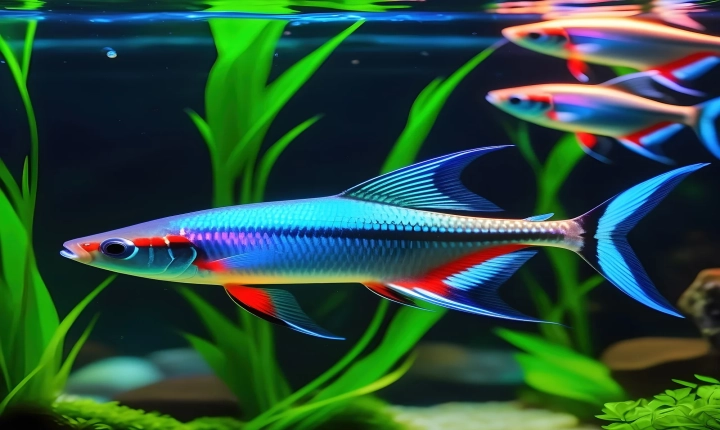Title: Is Novel AI Safe? Exploring the Promise and Perils of Artificial Intelligence in Literature
Artificial intelligence (AI) has become an integral part of our lives, from powering virtual assistants like Siri and Alexa to driving automated vehicles and recommending movies on streaming platforms. Its influence has also extended into the realm of literature, where AI-generated novels are gaining attention and sparking discussions about the safety and ethical implications of AI in creative writing.
The concept of AI-authored literature raises questions about the role of machines in producing works of art, the potential impact on human creativity, and the ethical considerations surrounding content created by non-human entities. As AI continues to advance, it is crucial to examine the promise and perils of novel AI in literature.
One of the key promises of AI-generated literature is its potential to expand the boundaries of creativity and storytelling. By analyzing vast amounts of existing literature, AI algorithms can generate new narratives, characters, and worlds that push the envelope of traditional literary conventions. This can provide a fresh perspective and inspire new forms of storytelling that may not have been conceived by human authors alone.
However, the prospect of AI in literature also raises concerns about the authenticity and originality of creative works. Critics argue that AI-generated novels lack the emotional depth, cultural insights, and personal experiences that make human-authored literature resonate with readers. There is a fear that AI may commodify creativity, leading to a homogenization of literary voices and a devaluation of genuine human expression.
Moreover, the use of AI in literature raises ethical questions about intellectual property, ownership, and accountability. Who owns the rights to an AI-generated novel, and who should be credited as the author? How can we ensure that AI-generated content does not infringe on the creative works of human authors or perpetuate harmful stereotypes and biases?
In exploring the safety of novel AI, it is essential to consider the potential for misuse and manipulation of AI-generated literature. Just as AI-powered deepfakes have the potential to spread misinformation and create false narratives, AI-generated novels could be weaponized to propagate propaganda, disinformation, and harmful ideologies. Safeguarding against the misuse of AI in literature requires robust ethical guidelines, oversight, and transparency in the development and dissemination of AI-generated content.
Despite the concerns surrounding AI in literature, there are opportunities for collaboration and co-creation between human authors and AI systems. By leveraging AI as a tool for creativity and innovation, authors can harness its capabilities to enhance their writing process, generate new ideas, and explore unconventional narrative structures.
Ultimately, the safety of novel AI in literature hinges on the responsible and ethical deployment of AI technologies, as well as the preservation of human ingenuity and storytelling traditions. As AI continues to evolve, it is essential to engage in thoughtful discourse, ethical considerations, and proactive measures to ensure that AI-generated literature contributes to the diversity, authenticity, and integrity of literary expression.
In conclusion, the introduction of AI in literature presents both opportunities and challenges, raising fundamental questions about creativity, originality, and ethical considerations. By approaching AI-generated literature with a balanced and critical perspective, we can harness its potential while mitigating its risks, ultimately enriching the literary landscape with new forms of expression and storytelling.
